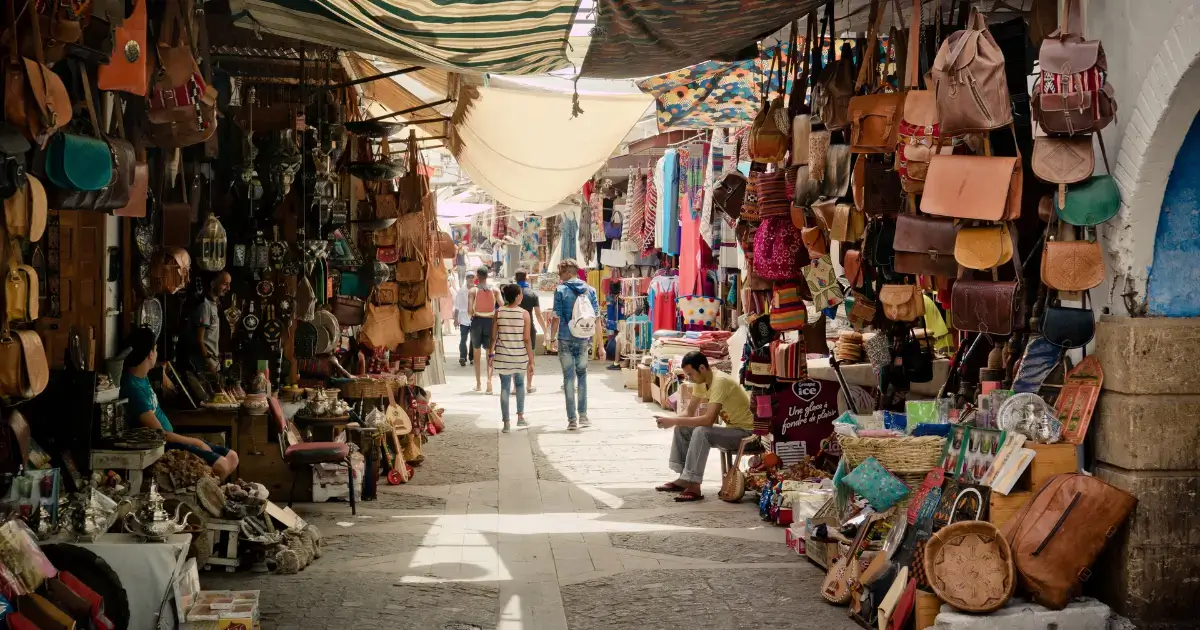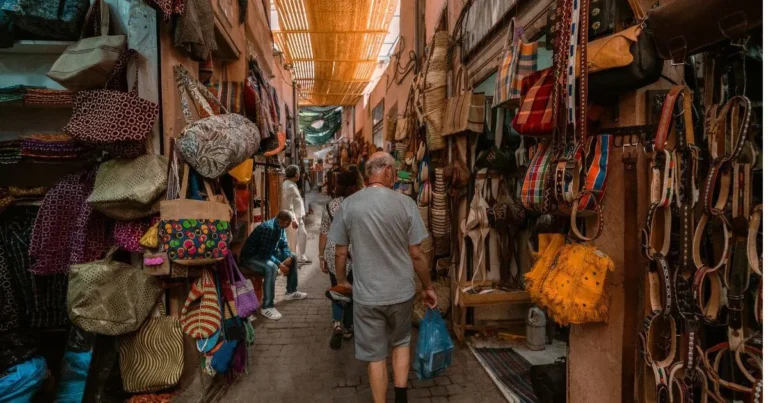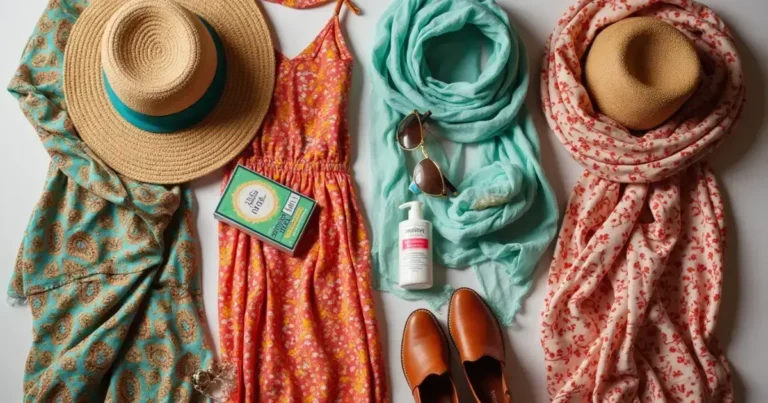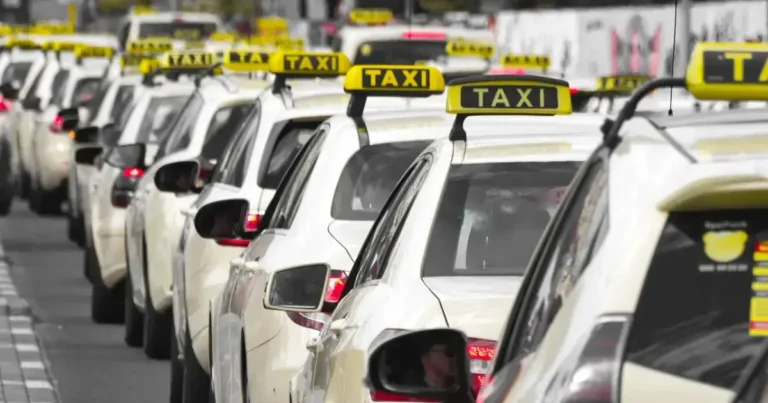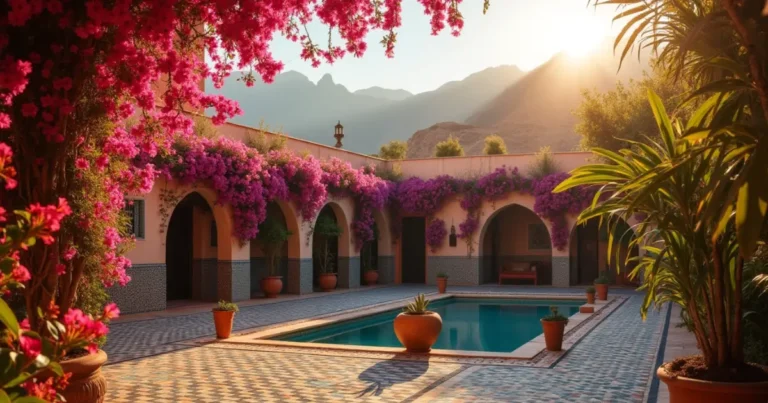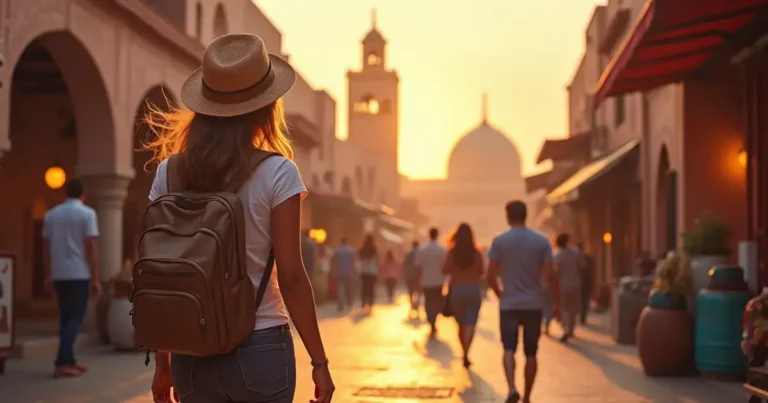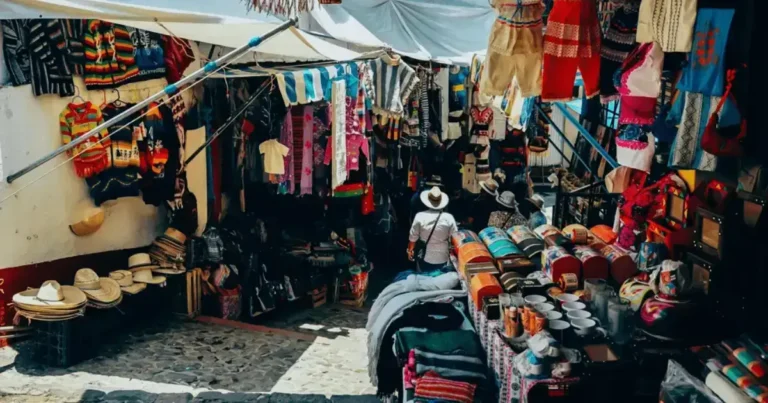Essential Morocco Travel Tips 2025: Your Complete Guide
Table of Contents
Essential Morocco Travel Tips 2025: Your Complete Guide
Morocco, with its vibrant culture, stunning landscapes, and rich history, offers travelers an unforgettable experience. Whether you’re wandering through ancient medinas or exploring the Atlas Mountains, this comprehensive guide will help you navigate your Moroccan adventure with confidence.
Embracing Flexibility in Your Moroccan Journey
One of the most important aspects of traveling in Morocco is maintaining flexibility in your plans. While having a general itinerary is helpful, leaving room for spontaneous discoveries often leads to the most memorable experiences. Many travelers find that some of their favorite moments come from unexpected detours or recommendations from locals they meet along the way.
Rather than booking everything in advance, consider leaving some days open in your schedule. Most tours and activities can be easily arranged upon arrival, often at better prices than booking from abroad. This flexibility allows you to adjust your plans based on weather conditions, local festivals, or simply your mood.
Navigating Transportation Options
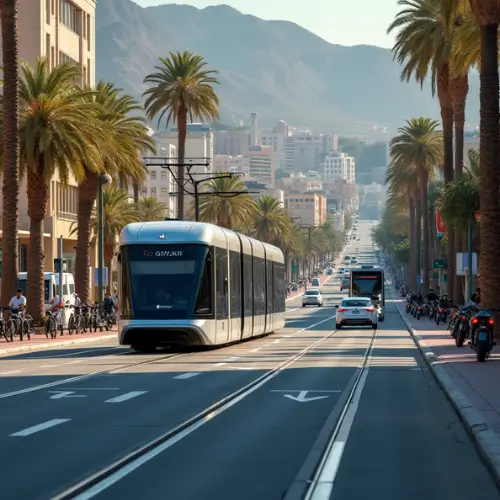
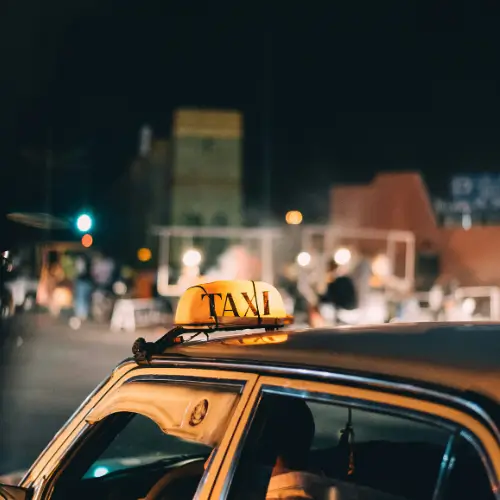
Morocco’s transportation infrastructure is surprisingly modern and efficient, making it relatively easy to explore the country. The rail network is particularly impressive, with the Al-Boraq high-speed train connecting Casablanca to Tangier in just over two hours. This modern marvel offers comfortable, air-conditioned travel at speeds up to 320 kilometers per hour.
For destinations not served by trains, Morocco’s extensive bus network fills the gap. Companies like CTM and Supratours offer reliable intercity services with comfortable coaches and air conditioning. While spontaneous travel is possible, it’s wise to book your tickets a day or two in advance, especially during peak tourist seasons or holidays.
Within cities, public transportation is often the most practical choice. Major cities like Casablanca, Rabat, and Marrakesh have extensive bus networks, and some even feature modern tram systems. This eliminates the need to navigate unfamiliar roads or search for parking in crowded city centers.
The Value of Professional Guides
When it comes to exploring Morocco’s rich cultural heritage and natural wonders, licensed professional guides can significantly enhance your experience. These experts not only provide historical context and cultural insights but also help navigate language barriers and local customs.
For specific activities, professional guidance becomes even more crucial. If you’re planning to surf along Morocco’s Atlantic coast, certified instructors can provide safe instruction while helping you find the best spots based on your skill level. Similarly, when attempting to climb Mount Toubkal, North Africa’s highest peak, hiring a professional guide isn’t just recommended—it’s mandatory for safety reasons.
Understanding Road Rules and Driving Practices
For those who choose to drive in Morocco, understanding local road rules and customs is essential. While driving is on the right side of the road, as in most continental European countries, the driving culture might feel different from what you’re used to.
Some key points to remember:
- Seatbelts are mandatory for all occupants
- Car horns are used frequently as a communication tool, not necessarily as a sign of aggression
- Exercise extra caution as roads are shared with various users, from pedestrians to donkey carts
- Avoid driving after dark when possible, as some vehicles operate without proper lighting
- Be prepared for police checkpoints and speed traps, where fines are typically paid in cash
Managing Money and Communication
The Moroccan dirham (MAD) is a closed currency, meaning you can only obtain it within Morocco. Plan to exchange money upon arrival at official exchange offices or withdraw from ATMs. While cards are widely accepted in urban areas and larger establishments, carrying cash is essential for rural areas, souks, and smaller vendors.
Language in Morocco is diverse, with Arabic, French, and Amazigh (Berber) being the most common. While English is increasingly common in tourist areas, learning a few basic Arabic phrases can greatly enhance your experience and show respect for local culture:
- “Shukran” (Thank you)
- “Salam” (Hello)
- “La, shukran” (No, thank you)
Mastering the Art of Haggling
Haggling is an integral part of Moroccan shopping culture, particularly in souks and markets. However, it’s important to approach it as a friendly negotiation rather than a confrontation. The goal is to reach a price that’s fair for both parties.
Before making major purchases, such as carpets or artisanal items, research typical prices and learn about the craftsmanship involved. Taking time to understand how items are made not only helps you appreciate their value but also aids in negotiating a fair price.
Respecting Cultural Norms and Religious Practices
Morocco’s cultural identity is deeply rooted in its Islamic heritage and monarchy, embodied in the national motto “God, King, and Country.” While Morocco is relatively progressive compared to some Islamic countries, showing respect for religious and cultural norms is essential.
Some important considerations:
- Avoid critical discussions about religion or the monarchy, as these are sensitive topics
- Most mosques are closed to non-Muslims, with the Hassan II Mosque in Casablanca being a notable exception
- During Ramadan, respect those who are fasting by not eating or drinking in public during daylight hours
- Friday is the weekly holy day, so expect reduced business hours and services
Exploring Marrakesh: The Tourist Hub
As Morocco’s most visited city, Marrakesh deserves special attention in your planning. The city’s popularity means that major attractions can get crowded, making advance booking advisable for popular sites and activities.
While the medina’s evening atmosphere is captivating, don’t limit yourself to this area. The modern Gueliz district offers a different perspective on Moroccan life, with contemporary art galleries, restaurants, and shopping centers.
Dressing Appropriately for Different Settings
Moroccan dress codes vary by location and context. In general, modest dress is appreciated and can help avoid unwanted attention. However, what’s appropriate can vary significantly between urban and rural areas, or beaches and religious sites.
General guidelines:
- In cities: Conservative but not overly restrictive clothing
- At religious sites: Covered shoulders and knees, with women covering their hair
- At beaches: Standard swimwear is acceptable, including bikinis
- Pack a lightweight scarf for impromptu mosque visits or sun protection
Photography and Social Etiquette
While Morocco offers countless photogenic scenes, being respectful with photography is crucial. Always ask permission before photographing people, and be prepared to hear “no” or be asked for a small payment.
Some important restrictions:
- Avoid photographing military installations or government buildings
- Drone usage requires special permits
- In markets and squares, be discreet with photography to avoid unwanted attention
Practical Considerations for Daily Life
Dining and Drinking
Traditional Moroccan meals are eaten with the right hand, using bread as a utensil. While alcohol is available in licensed establishments, it’s not widely available and should be consumed discreetly.
Navigation
Getting lost, especially in medinas, is part of the Moroccan experience. Look for hexagonal signs indicating dead ends and square signs for through streets. Don’t hesitate to ask for directions, but be aware that you might be offered guided assistance for a fee.
Health and Hygiene
- Avoid tap water; use bottled water or bring a water filter
- Carry tissues and hand sanitizer for public restrooms
- Be cautious with street food, choosing busy stalls with high turnover
Street Animals
While Morocco has many street cats and dogs, resist feeding them at restaurants. If you want to help, consider supporting local animal welfare organizations or leaving leftovers in appropriate locations away from dining areas.
Final Thoughts
Morocco offers a rich tapestry of experiences that reward those who come prepared but remain flexible. By respecting local customs, embracing the culture, and approaching challenges with patience and understanding, you’ll discover why this North African kingdom continues to captivate travelers from around the world. Remember that the occasional frustration or confusion is part of the adventure, often leading to the most memorable stories and authentic experiences.

